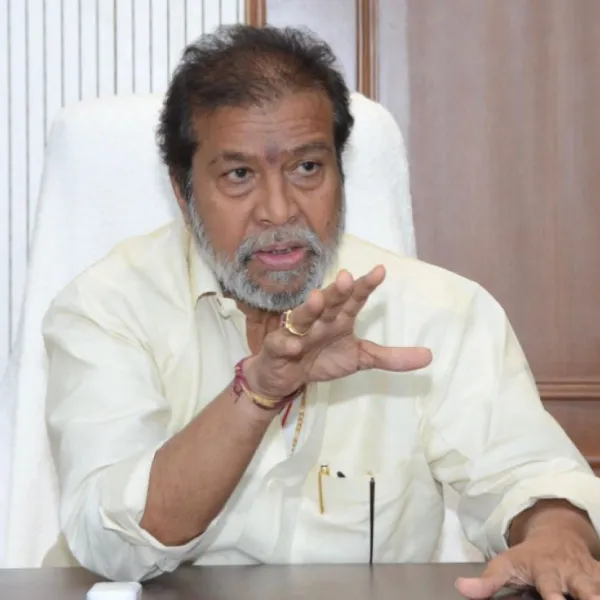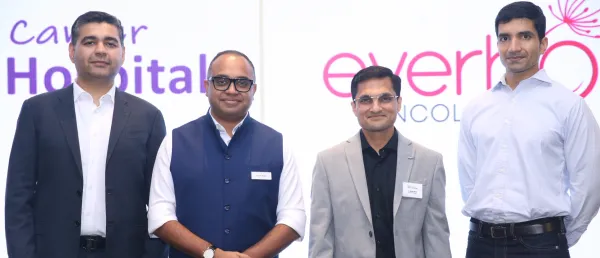Formation of State Allied & Healthcare Councils Timeline Extends to 6 More Months

Consequently, State governments now have a total of three years from the commencement of the National Commission for Allied and Healthcare Professions Act, 2021, to form the State councils.
The Union Health Ministry has extended the timeline for States to establish State Allied and Healthcare Councils by an additional six months, citing the ongoing elections as a reason for the extension.
The authorities note challenges in locating experienced professionals in the allied and healthcare fields and attribute delays to legislative and statutory requirements.
Consequently, State governments now have a total of three years from the commencement of the National Commission for Allied and Healthcare Professions Act, 2021, to form the State councils.
Looking back, the National Commission for Allied and Healthcare Professions Act, 2021, notified by the Central government came into force on May 25, 2021. Provisionally, it was about to be set up within six months of the commencement of the Act.
However, the constitution of the State Allied and Healthcare Councils has been extended multiple times. Here’s a brief description of the timeline:
May 2021: The National Commission for Allied and Healthcare Professions Act, 2021, came into force. The Act mandated that every State Government must establish a State Council, known as the State Allied and Healthcare Council, within six months from the date of commencement of the Act.
November 2021: Due to the ongoing COVID-19 pandemic, the Union health ministry issued an order extending the timeline to constitute State Allied and Healthcare Councils by one year.
May 2023: The Union health ministry issued an order extending the period for the formation of the councils to two years and six months from the date of the Act’s commencement.
November 2023: The Union health ministry issued an order extending the timeline for the States to constitute the State Allied and Healthcare Councils for six more months.
The State Allied and Healthcare Councils aim to ensure the provision of high-quality healthcare services, thereby improving the overall health outcomes in their respective states. Their main responsibilities include enforcing professional conduct and a code of ethics to be observed by allied healthcare professionals, maintaining respective State Registers, registering and inspecting allied and healthcare institutions, and ensuring uniform entry and exit examinations.
In another similar event, the Union Health Ministry proposed Drug Licensing reforms to enhance safety and unified healthcare. The lack of uniform regulations has resulted in inconsistent enforcement, underdeveloped testing infrastructure, and disparities in implementing drug manufacturing licenses. Both the central government and individual states issue these licenses in India. Standardising the drug regulatory framework is expected to ensure drug safety, effectiveness, and quality.
Stay tuned for more such updates on Digital Health News





























